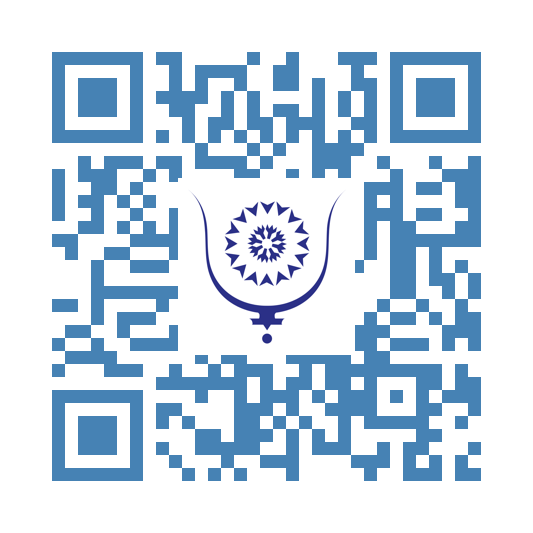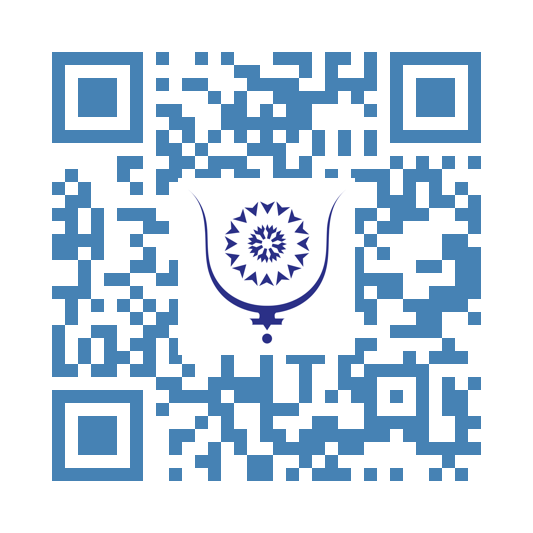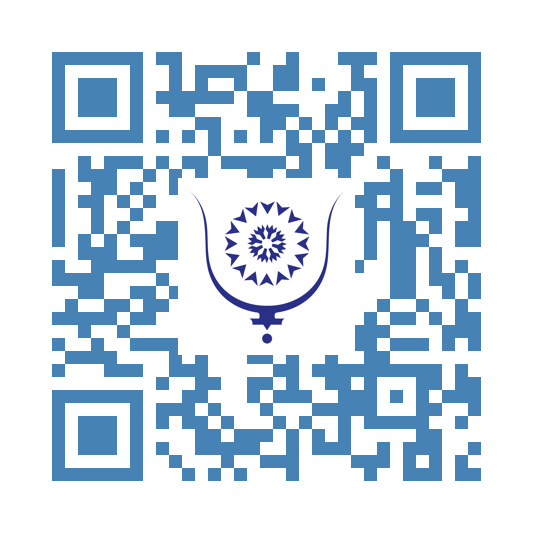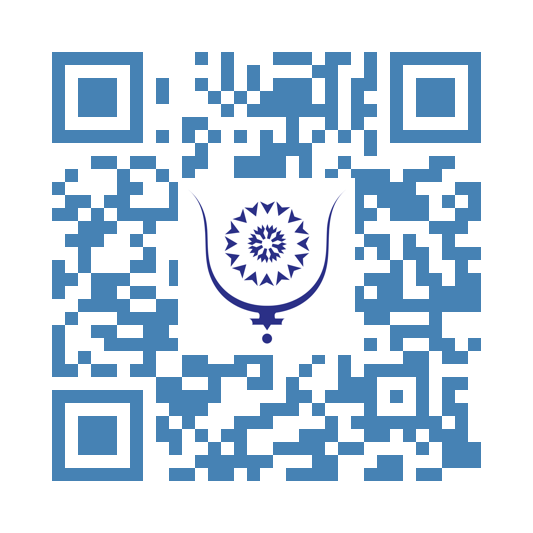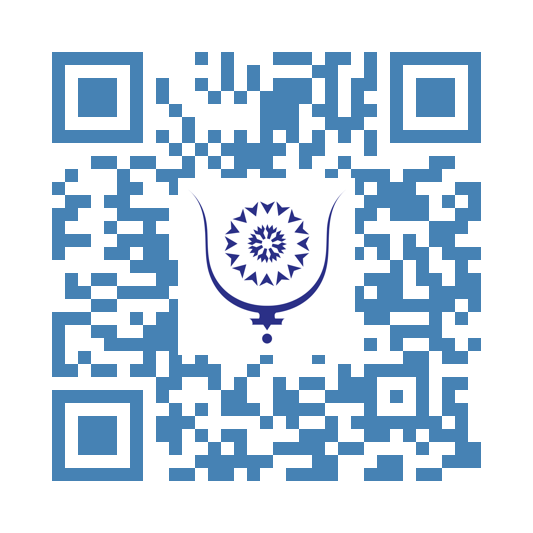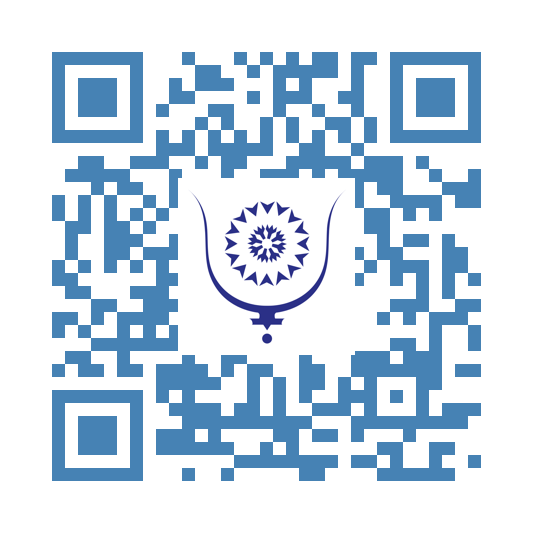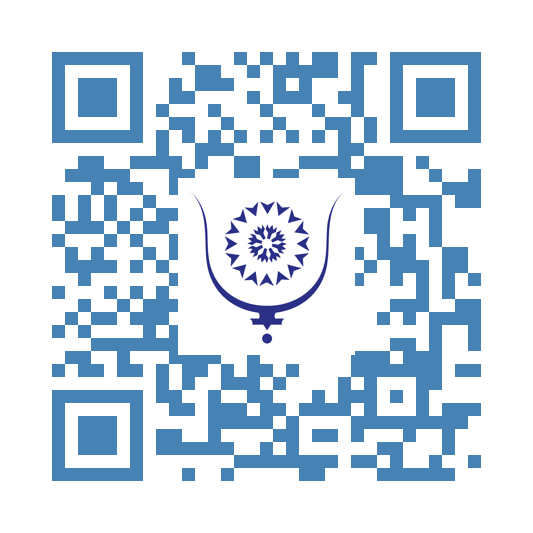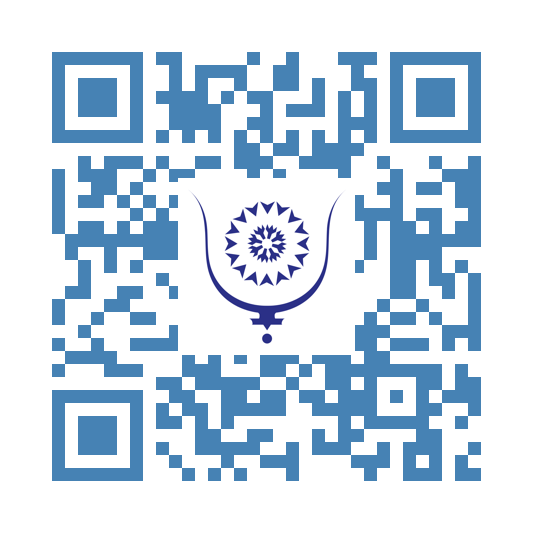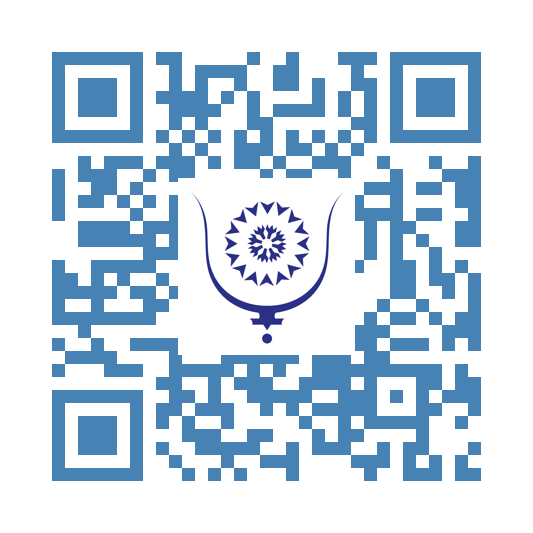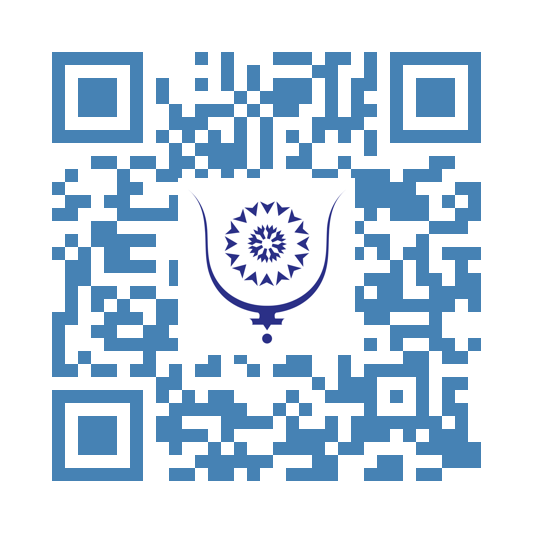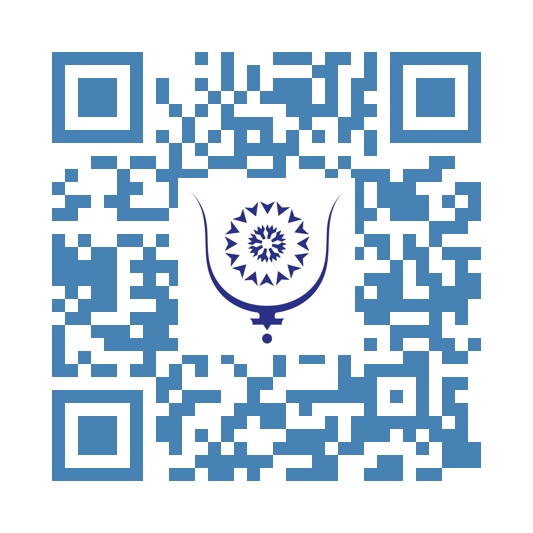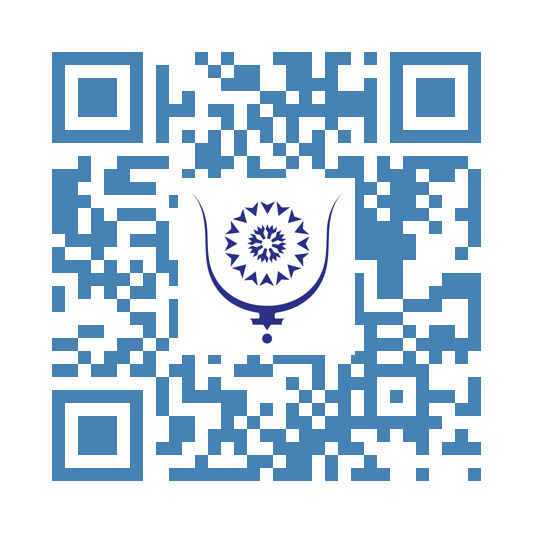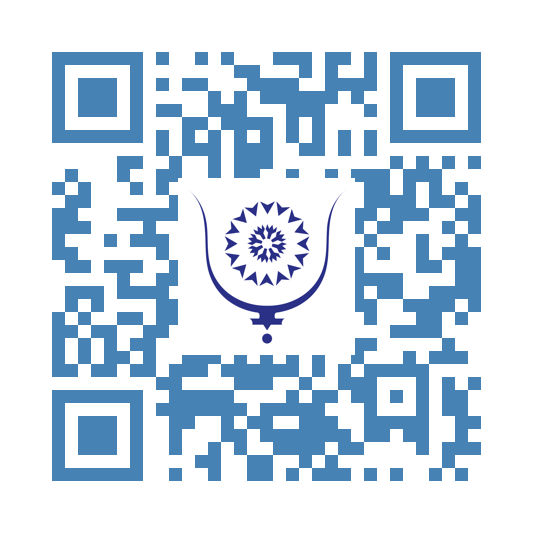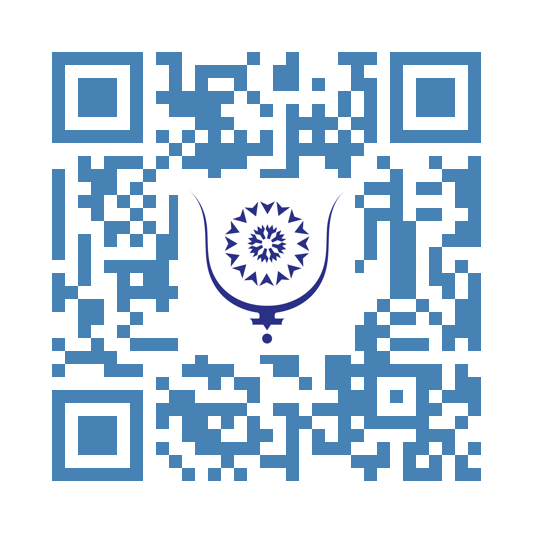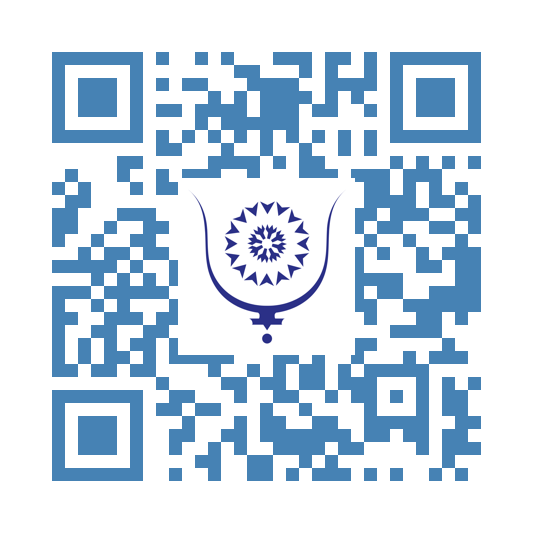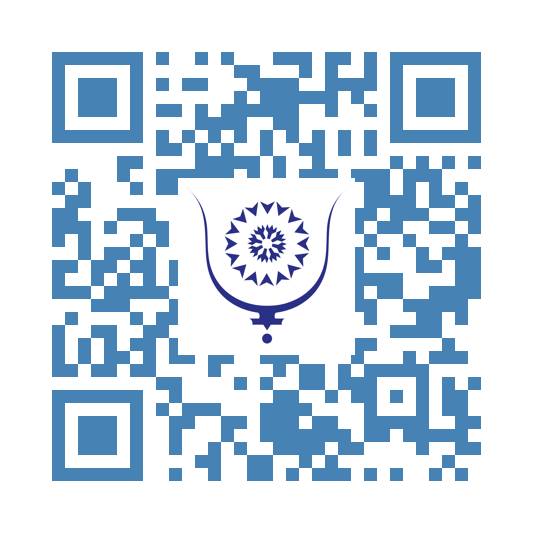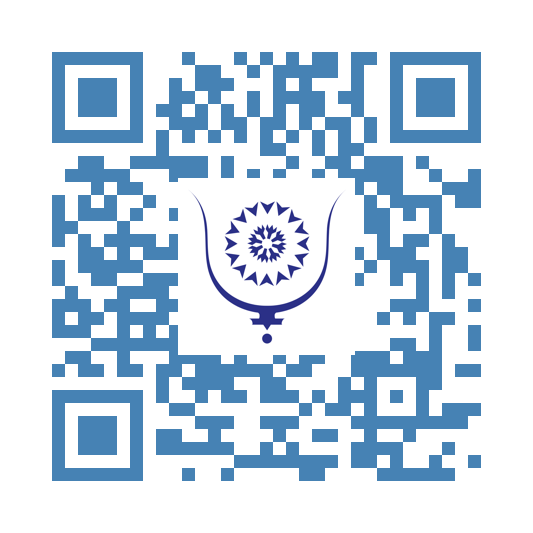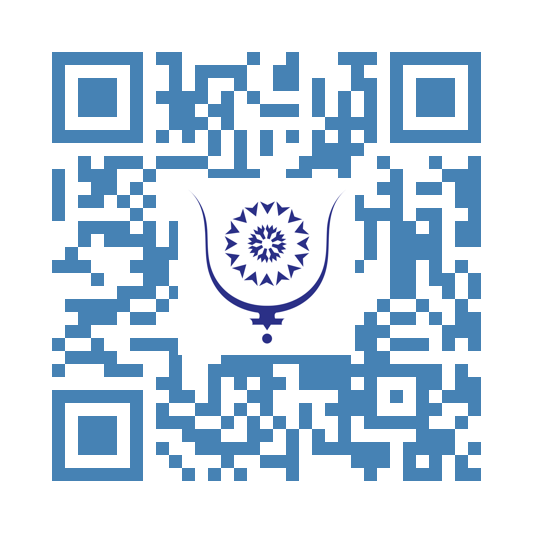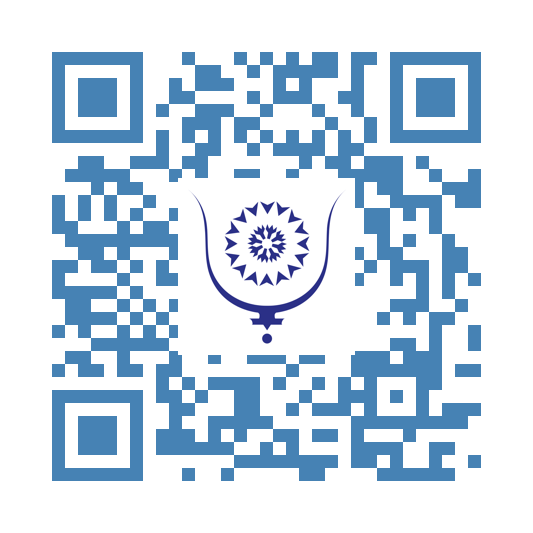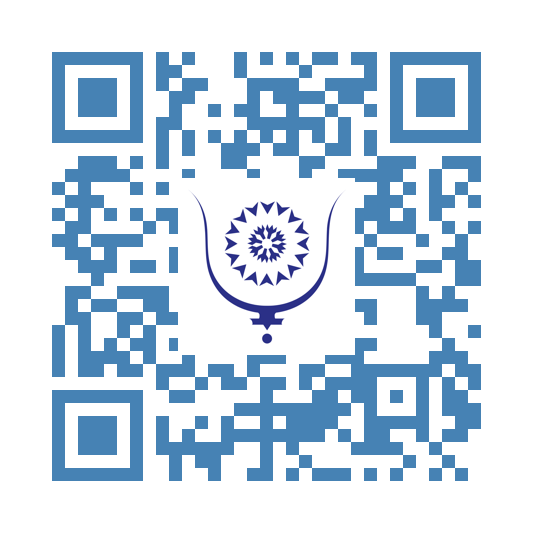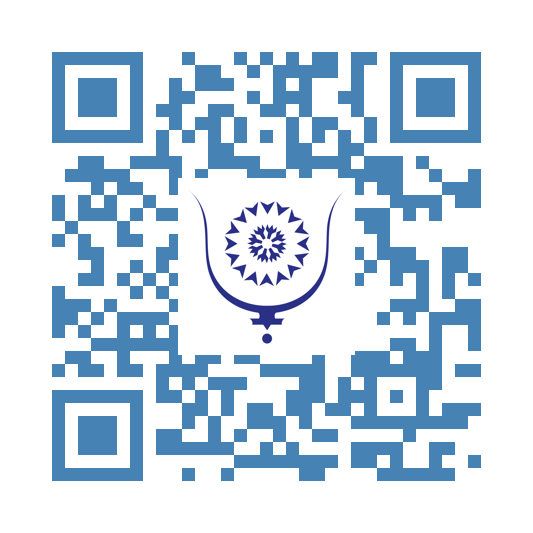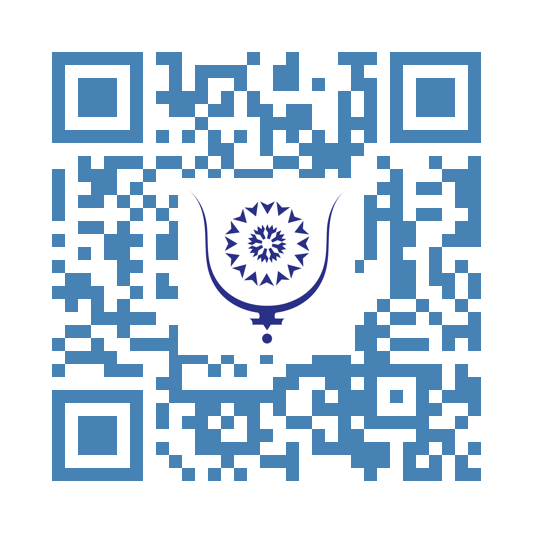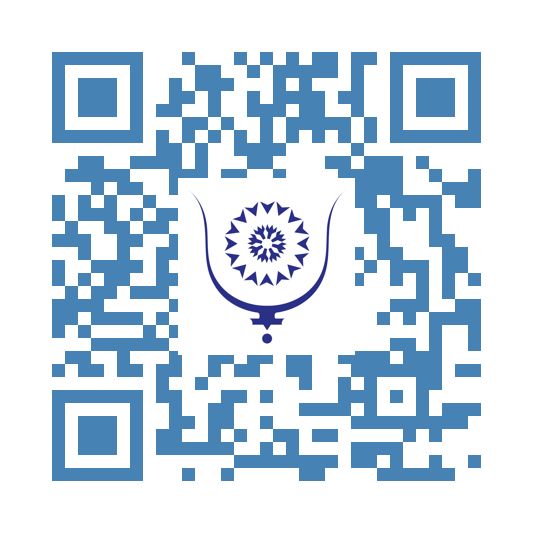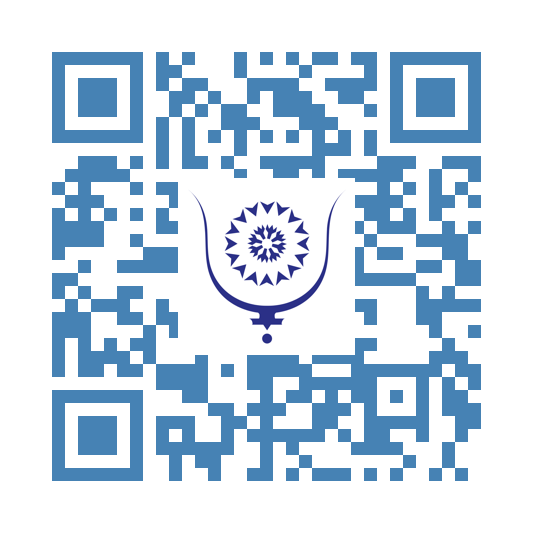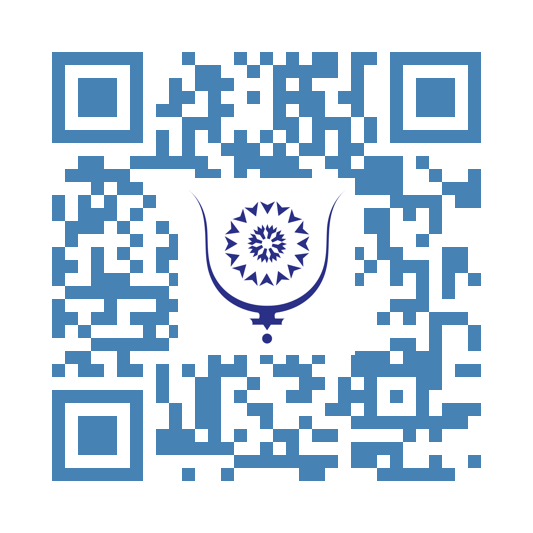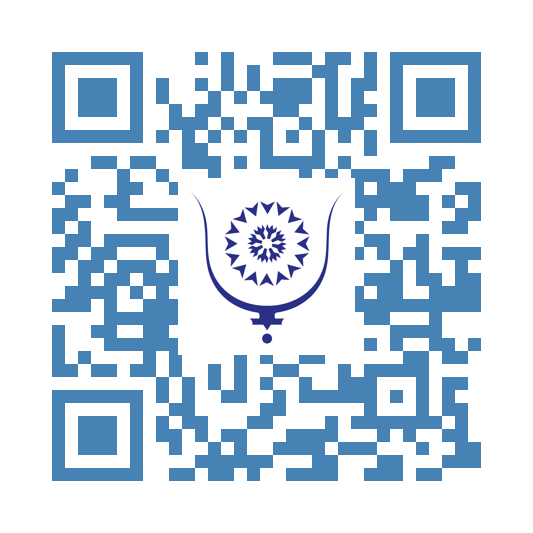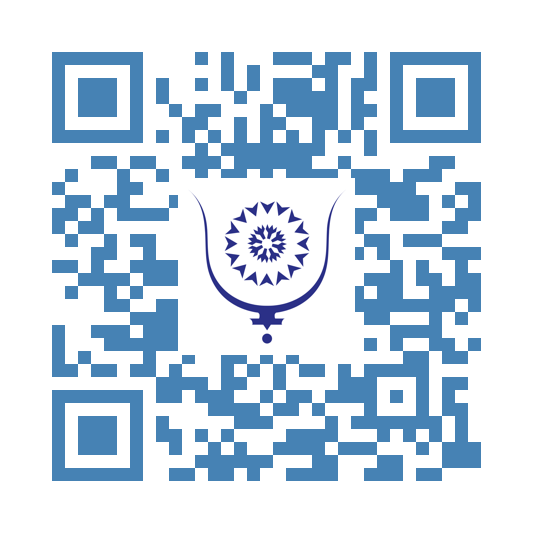Morocco, 18th Global Power in the World Athletics Championships Thanks to a Rich History of Medals
5524
The national sports memory proudly retains the very rich medal record of the country, accumulated since the advent of the World Athletics Championships in 1983. This idea was born from a visionary and innovative president of the IAAF, the Italian Primo Nebiolo. At that time, the athletics world gathered in Helsinki for an unprecedented experience. Athletics was just beginning to organize quality meetings and barely tolerating that athletes receive some monetary compensation for their performances. Until then, at the global level, athletes only competed at the Olympic Games and were not entitled to any payment or commercial contracts.
While Morocco was not present at the first Olympic Games, it made its mark at this inaugural edition of the World Championships alongside two other African countries: Ethiopia, which won a silver medal, and Nigeria which, like Morocco, won a bronze. Since then, Morocco has ensured a certain continuity with very honorable results. Notably, a 5th place finish in 1999 in Seville, an edition marked by controversy: Nezha Bidouane was wrongly deprived of the gold medal in the 400m hurdles due to a judging error. Despite an appeal to the jury and clear evidence brought by the left photo-finish, the decision was not overturned. President Nebiolo had promised to repair this injustice at the first IAAF council meeting but unfortunately passed away in the meantime. He was replaced by Senegalese Lamine Diack, the jury president who refused to revise the result, likely to avoid contradicting competition officials.
At this Seville edition, Morocco won five medals, including gold by Hicham El Guerrouj in the 1500m and Salah Hissou in the 5000m. Two other silver medals were won by Nezha Bidouane in the 400m hurdles and Zahra Ouaaziz in the 5000m, while Ali Ezzine took bronze in the 3000m steeplechase. These achievements, realized under intense heat and a special atmosphere, allowed Morocco to rise to fifth place in the world medals table.
It is worth recalling that this success occurred at the very beginning of His Majesty King Mohammed VI's reign, who has surrounded athletes with his generous royal care.
Despite a recent decrease in the number of medals, Morocco still occupies the 18th place in the global medals table at the World Athletics Championships today.
It was Said Aouita who opened the way at the first edition in Helsinki in 1983 by winning bronze in the 1500 meters. With a little more experience, he could have won the race, which was dominated by the British Steve Cram in just 3 minutes 41.59 seconds, and American Steve Scott, who finished second. Morocco was truly new at this level of competition.
Among individual athletes, legend Hicham El Guerrouj is today the most decorated Moroccan at the World Athletics Championships, with six medals: four golds in the 1500 meters, and two silvers in the 1500m and 5000m. Another legend, Nezha Bidouane, leads the women's medal tally with three world medals, including two gold and one silver. She remains, like Hicham El Guerrouj in the 1500m, the most decorated in the world in the 400m hurdles.
An analysis of results shows that it is in the 1500m that Morocco has won the most medals, including the four golds of Hicham El Guerrouj and the silver of Adil Kaouch, former junior world champion in this distance. Adding to this are Said Aouita and Abdelati Iguider, who each hold a bronze medal over this distance. On the women's side, the most medals were won in the 400m hurdles, thanks to Nezha Bidouane.
The historical record of Moroccan athletics at the World Championships is rich: twelve male and four female athletes have represented Morocco at this level in seven disciplines: 400m hurdles, 800m, 1500m, 5000m, 10,000m, 3000m steeplechase, and the marathon. Let us not forget also the long jump with Yahya Berrabah's 4th place at the 2011 World Championships in Daegu.
For the 20th edition, starting on September 13 in Tokyo, Morocco is participating with about twenty athletes. Hopes rest especially on Soufiane El Bakkali, who could join Hicham El Guerrouj in the number of gold medals if victorious. Fatima Ezzahara Gardadi is also cited as a potential medalist, her 2023 feat in Budapest where she won bronze in the marathon remaining fresh in everyone's memory.
Summary of Morocco's medal record at the World Athletics Championships throughout history:
- 1st edition, Helsinki 1983: Said Aouita, bronze in 1500m; Morocco's ranking: 21st
- 2nd edition, Rome 1987: Said Aouita, gold in 5000m; Morocco's ranking: 9th
- 3rd edition, Tokyo 1991: Moulay Brahim Boutayeb, bronze in 5000m; Khalid Sekkah, bronze in 10,000m; Morocco's ranking: 28th
- 4th edition, Stuttgart 1993: no medal
- 5th edition, Gothenburg 1995: Hicham El Guerrouj, gold in 1500m; Khalid Sekkah, silver in 10,000m; Khalid Boulami, silver in 5000m; Zahra Ouaaziz, bronze in 5000m; Morocco's ranking: 25th
- 6th edition, Athens 1997: Hicham El Guerrouj, gold in 1500m; Nezha Bidouane, gold in 400m hurdles; Khalid Boulami, silver in 5000m; Salah Hissou, bronze in 10,000m; Morocco's ranking: 6th
- 7th edition, Seville 1999: Hicham El Guerrouj, gold in 1500m; Salah Hissou, gold in 5000m; Nezha Bidouane, silver in 400m hurdles; Zahra Ouaaziz, silver in 5000m; Ali Ezzine, bronze in 3000m steeplechase; Morocco's ranking: 5th
- 8th edition, Edmonton 2001: Nezha Bidouane, gold in 400m hurdles; Hicham El Guerrouj, gold in 1500m; Ali Ezzine, silver in 3000m steeplechase; Morocco's ranking: 10th
- 9th edition, Paris 2003: Jaouad Gharib, gold in marathon; Hicham El Guerrouj, gold in 1500m; Hicham El Guerrouj, silver in 5000m; Morocco's ranking: 9th
- 10th edition, Helsinki 2005: Jaouad Gharib, gold in marathon; Hasna Benhassi, silver in 800m; Adil Kaouch, silver in 1500m; Morocco's ranking: 10th
- 11th edition, Osaka 2007: Hasna Benhassi, silver in 800m; Morocco's ranking: 28th
- 12th to 14th editions (Berlin 2009, Daegu 2011, Moscow 2013): no medals
- 15th edition, Beijing 2015: Abdelati Iguider, bronze in 1500m; Morocco's ranking: 32nd
- 16th edition, London 2017: Soufiane El Bakkali, silver in 3000m steeplechase; Morocco's ranking: 31st
- 17th edition, Doha 2019: Soufiane El Bakkali, bronze in 3000m steeplechase; Morocco's ranking: 31st
- 18th edition, Eugene 2022: Soufiane El Bakkali, gold in 3000m steeplechase; Morocco's ranking: 22nd
- 19th edition, Budapest 2023: Soufiane El Bakkali, gold in 3000m steeplechase; Fatima Zahra Gardadi, bronze in marathon; Morocco's ranking: 15th.
Share:
Morocco, 18th Global Power in the World Athletics Championships Thanks to a Rich History of Medals
copy:
https://bluwr.com/p/377080472




